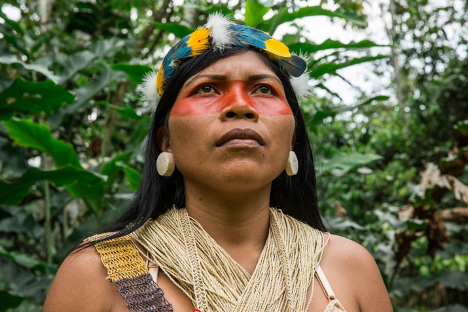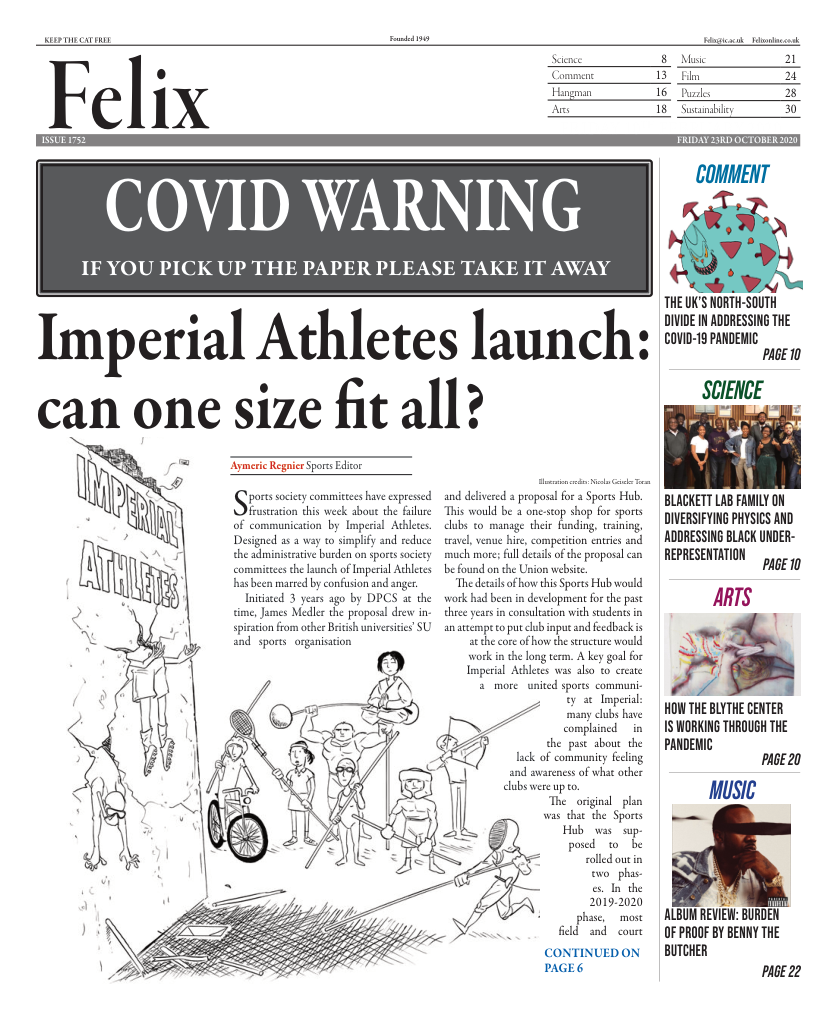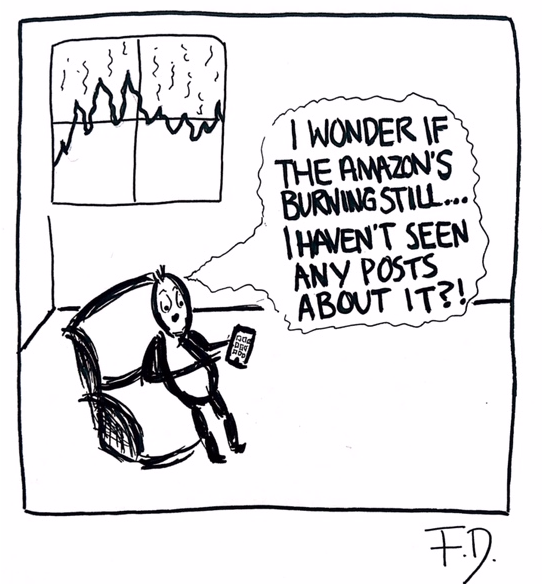Indigenous leader in the TIME 100 List
Nemonte Nemquino, the first female leader of the Waorani of Pastaza an Ecuadorian indigenous group has been named by Time magazine as one of the 100 most influential people on the planet for her sustainability work

Nemonte Nemquino, leader of the Waorani in Ecuador, has been named by Time Magazine in the 2020 list of the Top 100 Most Influential People in the world.
Raised in the traditional Waorani community of Nemonpare, with a brief period at a missionary school, Nemonte went on to become the first-ever female leader of the indigenous group (the Waorani of Pastaza) and co-founder of the organisation Ceibo Alliance. Her leadership is helping to protect the lands of her community against exploitation from oil extraction, and she is showing what true guardianship of our ecosystems is.
In 2012, the Ecuadorian government carried out a consultation of lands including those of the Waorani territory. Yet, they only presented the potential local economic benefits of the planned oil extractions to the local communities, and they did not ask for consent from the local people. It is required in Ecuadorian and international law that they ask for consent from the community and make explicit the possible negative consequences of the extraction. However, post-consultation, the government started to split up sections of the Amazon (including the Waorani territory) which would be put up for auction to the international community for auction with aims of oil extraction.
In 2018, the Ecuadorian government reduced the amount of Amazonian land up for oil auction, removing the Waorani territory. However, this does not mean that the community is safe from future extractive activities according to the community’s lawyer, Lina Maria Espinosa; ‘this territory is threatened by extractive activities, and the perspective of a Western world that ignores and denies interculturality and the relationship of these peoples with their territory’.
The Waorani people have responded to this severe lack of protection of Indigenous lands by starting a petition to gather international support and by taking the government to court to sue them for not properly consulting with them before. This action is not just for the Waorani people and their lands, but for the whole Amazonia; an overwhelmingly rich ecosystem of intertwined networks of life that are every day contaminated by industry purely for economic gain, causing detrimental health impacts and displacements of local communities.
On April 26th 2019, the Waorani won their case. The court ruled that the Ecuadorian government could not use their territory for oil exploration without the prior consent of the community. In an interview with The New Yorker, Nemonte says, ‘The court recognised that the government violated our right to live free and make our own decisions about our territory and self-determination’.
The Waorani are not the first Indigenous group to win a case against the government of Ecuador. In 2018 the Indigenous Kofan community won their case against fraudulent mining activities in their territory. These wins are a win for all. For life and beings and ecosystems.
Under Nemonte’s leadership, her community managed to protect hundreds of thousands of acres of rainforest. Yet, we must not expect this work to be done by those who suffer the most from the Western industry and exploitation. We must step up and support these communities to reject the exploitative nature of the extractive industry that our Western cultures continue to demand and invest in.
I urge you all to read Nemonte’s letter to the Western world. It is accessible on: www.amazonfrontlines.org.






